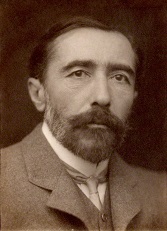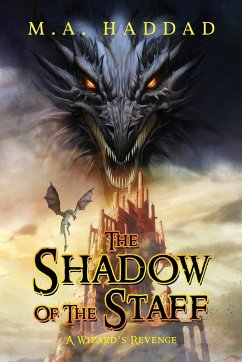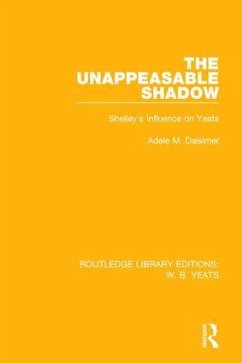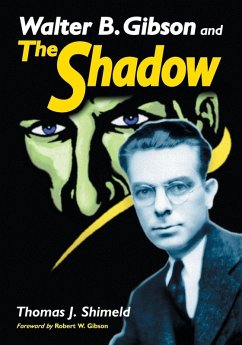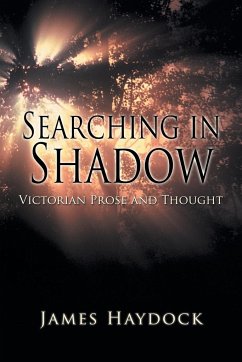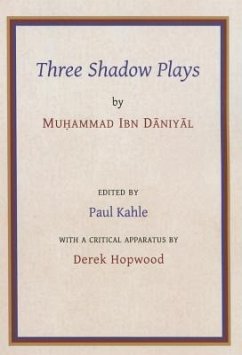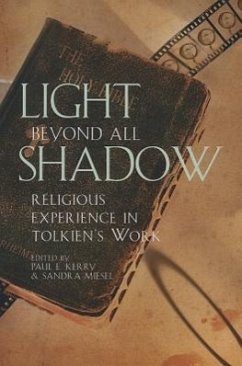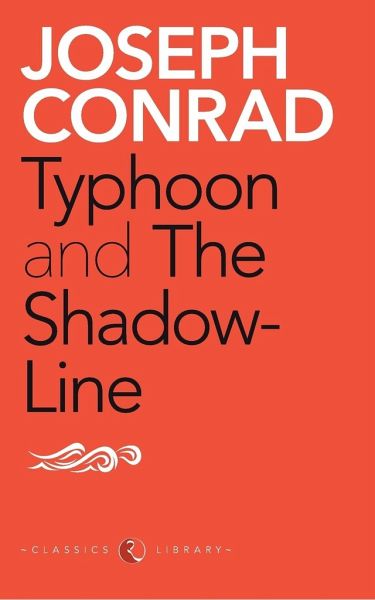
Typhoon and the Shadow-Line
Versandkostenfrei!
Versandfertig in 1-2 Wochen
17,99 €
inkl. MwSt.

PAYBACK Punkte
9 °P sammeln!
Typhoon: A Siamese-flagged steamer sails into a typhoon the worst calamity at sea. Captain Macwhirr s controversial decision to steer through it rather than turn around makes for an epic clash against the forces of Nature. With the ship s crew fearing the worst as it enters the tempest, the captain s steely resolve is put to acid test. The Shadow-Line: This semi-autobiographical tale of Joseph Conrad s maritime experience, peppered with mystery and morbidity, is also an exploration of the obscure shadow region where carefree youth transforms into responsible maturity.



